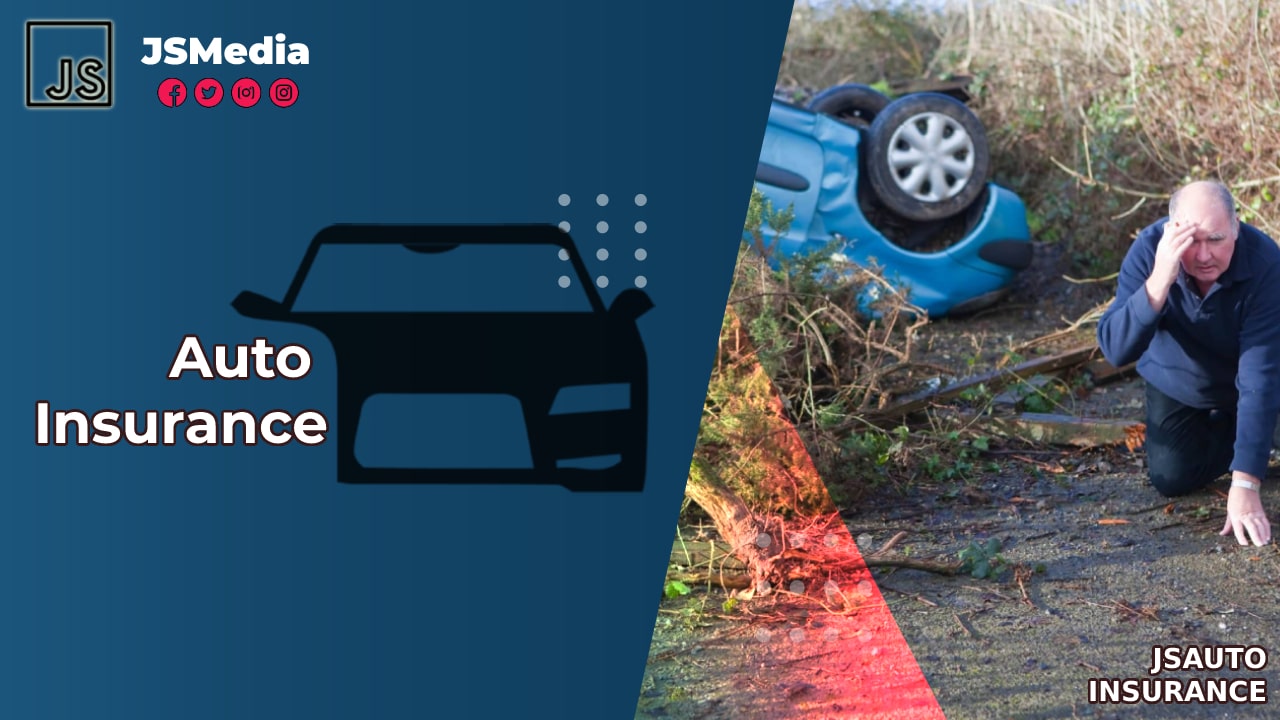JSMedia – Most people will ask themselves, “Is auto insurance required?” Obviously, car insurance protects the driver, but the question is how much coverage is enough? And how much is too much? It all depends on the state you live in. If you live in Connecticut, you can get away with just having liability coverage, but if you live in Massachusetts, you should have a comprehensive plan, which covers a variety of issues, such as theft and fire.
In states that don’t mandate car insurance, you can get away without it entirely. Virginia and New Hampshire don’t require drivers to carry car insurance, but most states have passed Financial Responsibility Laws that require drivers to have it. This is a law enacted to protect the public and protect people’s assets. In addition to protecting the public, it is also a requirement for lenders, and many of them want to see that you’re financially responsible.
The legal requirement for car insurance is to protect yourself and others. It’s not enough to pay for a collision; you also need coverage for medical bills and other expenses. Depending on the state you live in, you may need more than liability insurance. You may also be able to get a self-insurance certificate from the DMV if you own a large fleet of vehicles. This certificate will protect you against lawsuits and other expenses in the case of an accident.
Is Auto Insurance Required? Save your Car From Any Risk
The amount of liability coverage you need varies, but it should be sufficient for you to protect your assets. For instance, you must carry minimum liability coverage in your state, which is typically $100,000/$300,000. However, that may not be enough in some states. And in some states, you must have no fault coverage. It’s important to know that in New Hampshire, Wisconsin, and Virginia, there are no legal requirements for car insurance.
If you’re buying a new car, you should consider whether the costs of replacing or repairing your vehicle will exceed the cost of the policy. This is why it’s important to have insurance before you purchase one. It’s vital to protect yourself and other people. It’s also important to keep in mind that the price of insurance will vary depending on your driving record. You must be cautious about this, because it will impact your credit score.
If you don’t have car insurance, you’re financially responsible for the cost of repairing or replacing your vehicle if you get in an accident. If you’re in a crash, collision insurance will help you repair or replace your car, which is why some lenders require it. However, the best way to avoid paying for damages is to pay off your insurance right away. If you’re covered by liability insurance, you’ll be better protected in case of a collision.
In case of an accident, you’ll be liable to pay for the other party’s expenses. If you don’t have auto insurance, you’ll be left with a huge debt. You don’t want to risk having to pay the costs of a car accident. You should consider purchasing an automobile insurance policy to protect yourself from these risks. This coverage will protect you in the event of an accident and will protect your finances against liabilities.
You should make sure you know what your car insurance liability coverage is. You need to be aware that a car insurance policy will cover the vehicle you drive, as well as the person driving it. You need to be aware of this, as it can lower your car insurance premiums. Regardless of the type of coverage you buy, you should ensure that you carry enough coverage. If you don’t have adequate coverage, you’ll end up paying more in the long run.
The type of vehicle you drive affects the amount of your insurance premium. A more expensive car will have a higher premium than a less expensive one. And of course, you can’t go without coverage. But it’s worth the extra money if you can avoid an accident. If you want to drive a cheaper car, it’s better to get more coverage. The more expensive a car costs, the higher its insurance premium.

